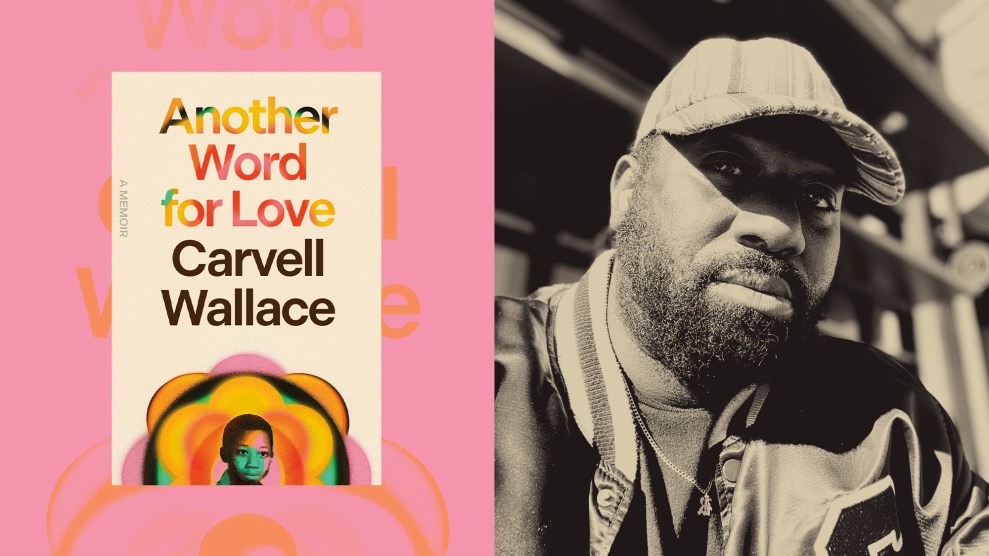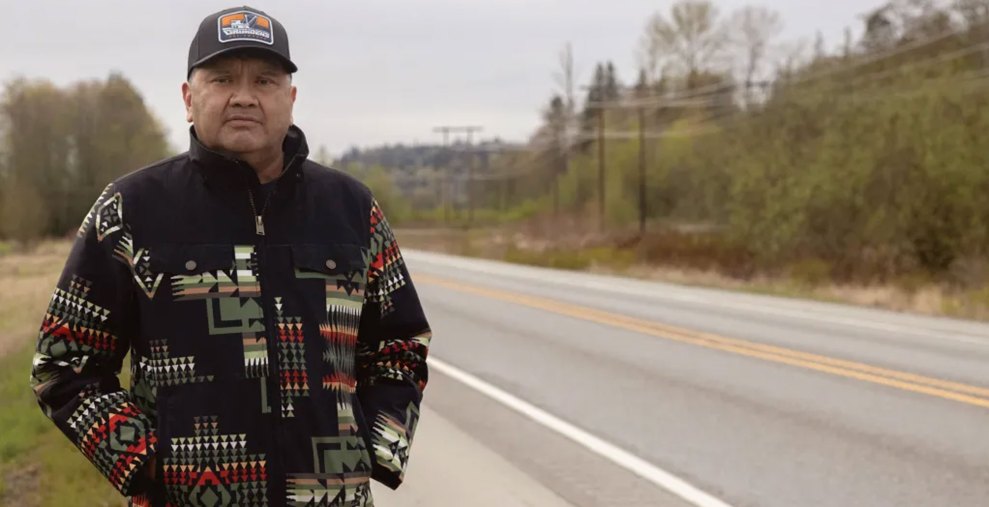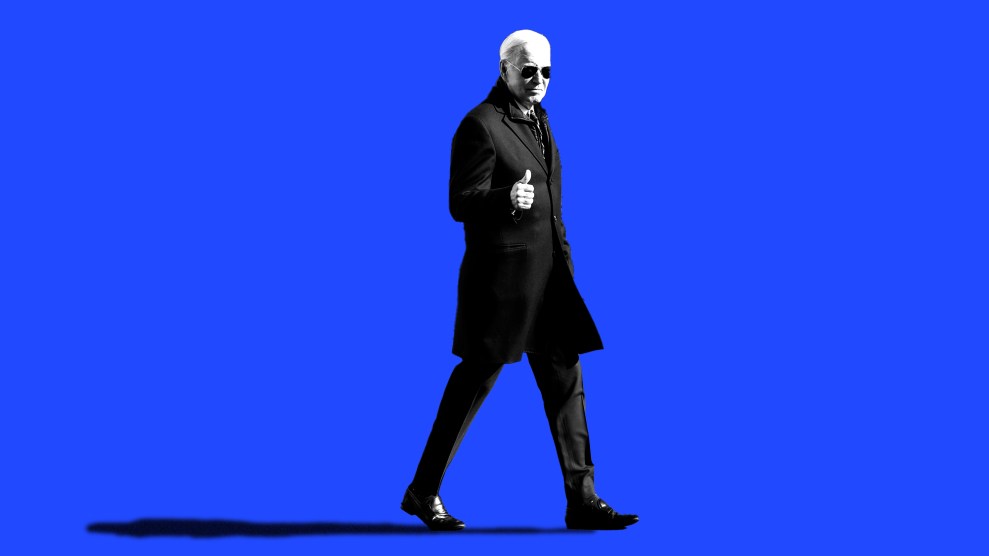Dennis Skillicorn, now 45, was only 19 when he and a couple of friends burgled an old man’s house and then blew his head off with a shotgun. He was on parole for that crime in 1994, when, loaded on schnapps, speed, and Valium, he went on a drug run with some buddies in Kansas City. When their car broke down and a local businessman offered a hand, the trio stole his vehicle and killed him. Skillicorn and one of his friends then rolled on to Arizona, where they robbed and murdered an elderly couple. It’s not too surprising that, as a result, he is in a Missouri prison awaiting execution.
But perhaps it is a surprise that, after having inflicted so much harm, Skillicorn is now working to help others afflicted by violence. From his cell, he edits a magazine that recently awarded a $5,000 college scholarship to a North Carolina teenager whose sister was murdered—so that the young man can pursue his goal of becoming a cop.
Compassion is written and edited by death row prisoners across the country. Its eight bimonthly pages are filled mostly with Christian- and occasional Islamic-flavored personal essays, poetry, and artwork, all of it submitted and edited by mail. Compassion has 4,500 readers and has doled out over $27,000 in scholarships ranging from $1,000 to $10,000 to relatives of murder victims since its start in 2001.
“It’s not an attempt to extinguish the pain we’ve created. You really can’t do that,” says Skillicorn, speaking by phone from Missouri’s Potosi Correctional Center. “But it gives guys like myself an opportunity to give something back to those people that have been victimized by violent crime.”
Compassion raises money through donations from inmates, supporters, and its 300 subscribers. Its finances are handled by volunteers at St. Rose Parish in Perrysburg, Ohio, which also helps publish the magazine. But it is the inmate editors who review the scholarship applications, the main criterion for which is having lost an immediate family member to homicide. So far, seven students have applied. “There aren’t many who fit the bill and are interested in taking money from death-row prisoners,” says St. Rose parishioner Fred Moor. “It’s a huge step on the victim’s part.”
The most recent scholarship went in June to Zach Osborne, 19, whose sister was raped and murdered when she was four. “After many long years of wasted fury, I have finally been able to forgive [the killer] for his crime against my family,” wrote Osborne, who is studying criminal justice at East Carolina University. “Through realizing this dream [of becoming a law enforcement officer], I would play a key role in preventing situations like this from ever happening again.”
Skillicorn says his change of heart—what he calls his “Damascus Road experience”—came when the drugs finally ran out at the end of his cross-country crime spree. “I was at the bottom, even for me,” he says. “I decided I could no longer be this person.” He was arrested that same day. As soon as he was back in a cell, he started reading the Bible and turned his soul over to Jesus. He’s now involved in several religious and restorative justice programs at Potosi. He has even gotten married, to a newspaper reporter who covered his trial.
Skillicorn acknowledges that some suspect his motives. According to his lawyer, any evidence that Skillicorn has reformed could only come into play in the unlikely event of a retrial or if he petitions the governor for clemency—something that he may do in the next couple of years when his appeals are exhausted.
Meanwhile, Zach Osborne is proof that the good works of Compassion’s staff won’t necessarily change anyone’s opinion about capital punishment. “I believe in the system,” Osborne said when asked his feelings about the death sentence given to his sister’s killer. “The jury decided his penalty. If that’s what they decided, I guess that’s fair.”
Still, even some law-and-order hard-liners accept the magazine’s efforts at face value. “I don’t know how they could be working this for selfish ends. They’re coughing up money and giving it to kids,” says Michael Rushford, president of the Criminal Justice Legal Foundation, a pro-death-penalty advocacy group. “A lot can change in 20 years of sitting in a cell.”















